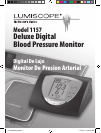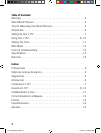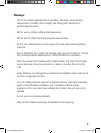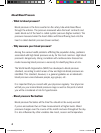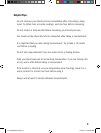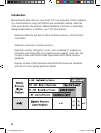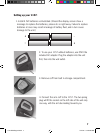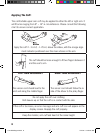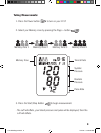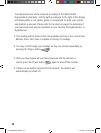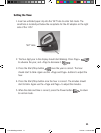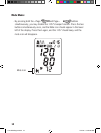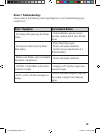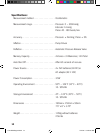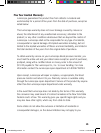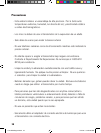
4
About Blood Pressure
· What is blood pressure?
Blood pressure is the force exerted on the artery tube while blood flows
through the arteries. The pressure measured when the heart contracts and
sends blood out of the heart is called systolic pressure (higher number). The
pressure measured when the heart dilates with blood flowing back into the
heart is called diastolic pressure (lower number).
· Why measure your blood pressure?
Among the various health problems afflicting the population today, problems
associated with high blood pressure are by far the most common. High blood
pressure’s dangerously strong correlation with cardiovascular disease has
made measuring blood pressure a necessity for identifying those at risk.
The World Health Organization (WHO) has developed a blood pressure
standard, according to which areas of low and high-risk blood pressure are
identified. This standard, however, is a general guideline as an individual’s
blood pressure varies between people, age groups, etc.
It is important that you consult with your physician regularly. Your physician
will tell you your normal blood pressure range as well as the point at which
you will be considered at risk for hypertension.
· Blood pressure fluctuation:
Blood pressure fluctuates all the time! You should not be overly worried
if you’ve encountered two or three measurements at higher levels. Blood
pressure changes over the course of the month and even throughout the day.
It is also influenced by other variables like mood, season and temperature.
1157-IM-bilingual.indd 4 3/11/05 10:59:22 AM



